Real estate is a hot industry, many people are interested in and choose it as an investment channel to get rich. But to understand the basics of real estate, you need to know the most common terms.
Terminology under the Law on Real Estate Business
Real estate trading floor: is a place where real estate related activities are concentrated, where investors and customers can easily search, consult and make transactions, as well as provide services for real estate business.
Real estate business: Is the investment of capital to carry out construction activities, purchase, receive transfer for sale, transfer; lease, sublease, lease-purchase real estate; perform real estate brokerage services; real estate trading floor services; real estate consulting services or real estate management for profit purposes.
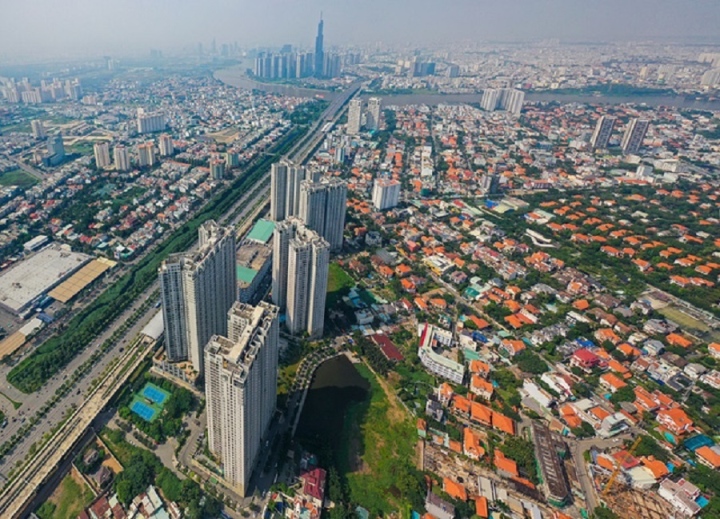
The real estate industry has many important terms that interested people need to know. Illustration photo
Real estate service business: Activities supporting real estate business and real estate market, including real estate brokerage services, real estate valuation, real estate trading floor, real estate consulting, real estate auction, real estate advertising, real estate management.
Real estate transactions related to real estate business: Is the purchase, sale, transfer, lease, or hire-purchase of real estate between organizations and individuals not doing real estate business and organizations and individuals doing real estate business.
Real estate auction: Is the public sale and transfer of real estate to select the buyer and transferee of real estate with the highest bid according to the property auction procedure.
Real estate purchase and transfer with deferred payment or installment payment: Is the purchase and transfer of real estate in which the buyer or transferee is allowed to pay in installments or defer the purchase price or transfer price of the real estate within the agreed period in the contract.
Buying and selling houses and construction works to be formed in the future: Is the buying and selling of houses and construction works which, at the time of signing the contract, have not yet been formed or are being formed according to project documents, construction drawings and specific progress.
In addition, there are real estate terms related to legal issues.
Red book: is a Land Use Rights Certificate issued by the Ministry of Natural Resources and Environment. This type of document has a red cover so it is often called a red book.
Types of land granted red books: Agricultural land, forestry land, aquaculture land, salt production land, land for housing in rural areas, granted by the People's Committee of districts, towns, and cities under the province to the user.
In addition, most red books are issued to households, so when transferring or performing general civil transactions related to land use rights, there must be signatures of all members aged 18 or older whose names are listed in the family's household registration book.
Pink book: is a certificate of house ownership and land use rights, has a pink cover so it is often called a pink book. There are currently 2 types of pink books: the old book issued by the Ministry of Construction (issued before December 10, 2009) and the new pink book issued by the Ministry of Natural Resources and Environment.
Basically, the legal status of red books and pink books are similar. However, in addition to certifying land ownership, pink books also confirm information on whether the land is used for private or public use (private or public use - typically apartments).
White book: a document proving land use rights recognized by the State. However, this is a type of document that has been valid for a long time (both before and after 1975).
Currently, the white book still has legal value for land ownership. However, it has no transaction value. To be able to trade, the land owner must complete the procedure to convert the white book to a pink book.
Real estate terms related to land and buildings on land
Land: is a type of vacant land, without any impact or construction on it. There are 3 basic types including:
- Project land: is land located in a project being planned by the investor. These plots of land are in the process of project research and have not been impacted by machinery or humans.
- Residential land: is land belonging to the group of non-agricultural land, land not used for agricultural activities, appearing in both rural and urban areas.
- Adjacent land: plots of land arranged close together according to a certain structure and will have the same area appearing in the same urban project construction area. Adjacent land is understood as the conversion of the purpose of using adjacent garden land, ponds and agricultural land interspersed in residential areas (not public land) converted to residential land only applies to garden land, ponds adjacent to residential land (in the same plot) and agricultural land interspersed in residential areas.
* Planning area: Is the total land area of an entire licensed construction project.
* Total floor area : often used when talking about a multi-storey apartment. This is the area of the entire floor of a floor but minus the area of walls and columns on that floor.
* Construction density: Take the total area used for construction and divide it by the total planning area to get the construction density.
Ganoderma (synthesis)
Useful
Emotion
Creative
Unique
Source



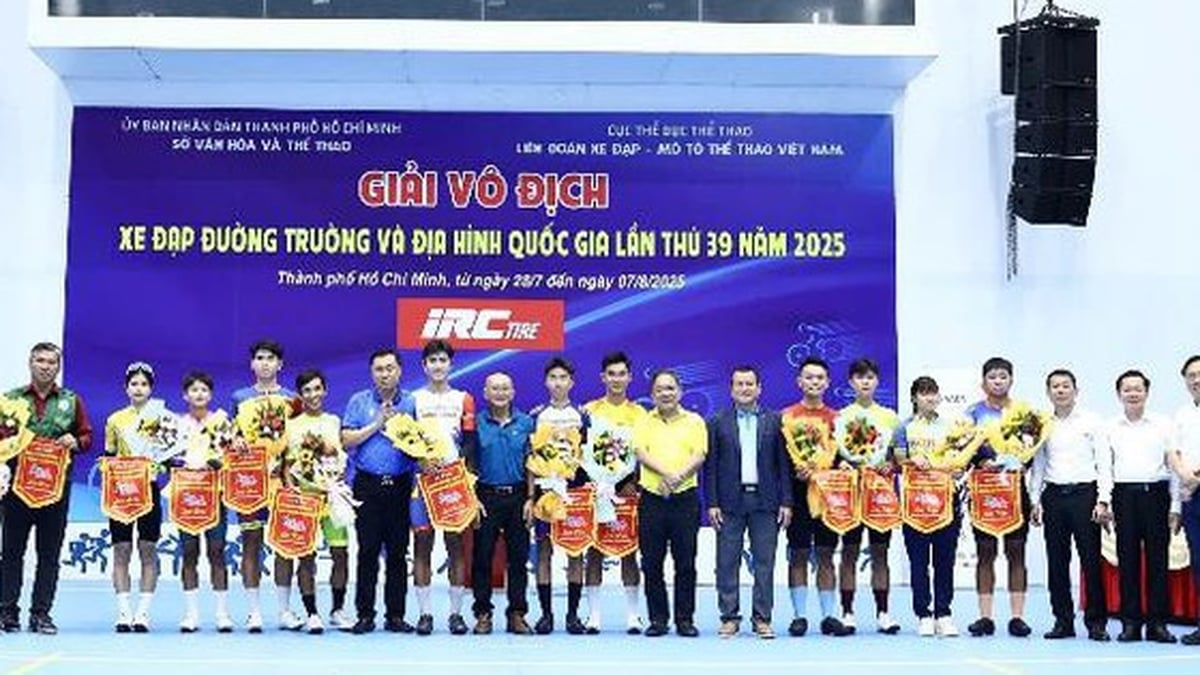






















![[Photo] National Assembly Chairman attends the seminar "Building and operating an international financial center and recommendations for Vietnam"](https://vphoto.vietnam.vn/thumb/1200x675/vietnam/resource/IMAGE/2025/7/28/76393436936e457db31ec84433289f72)





























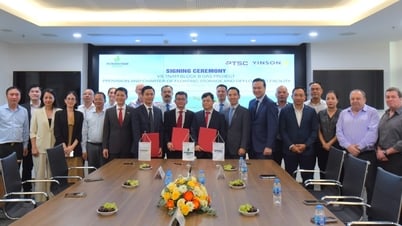

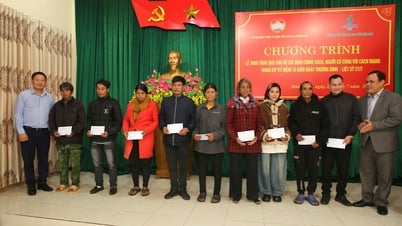






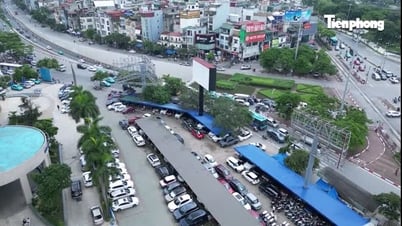

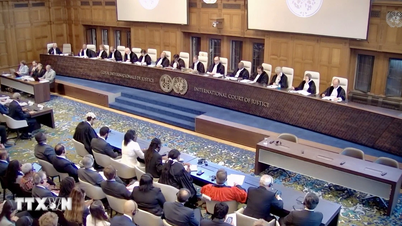

































Comment (0)